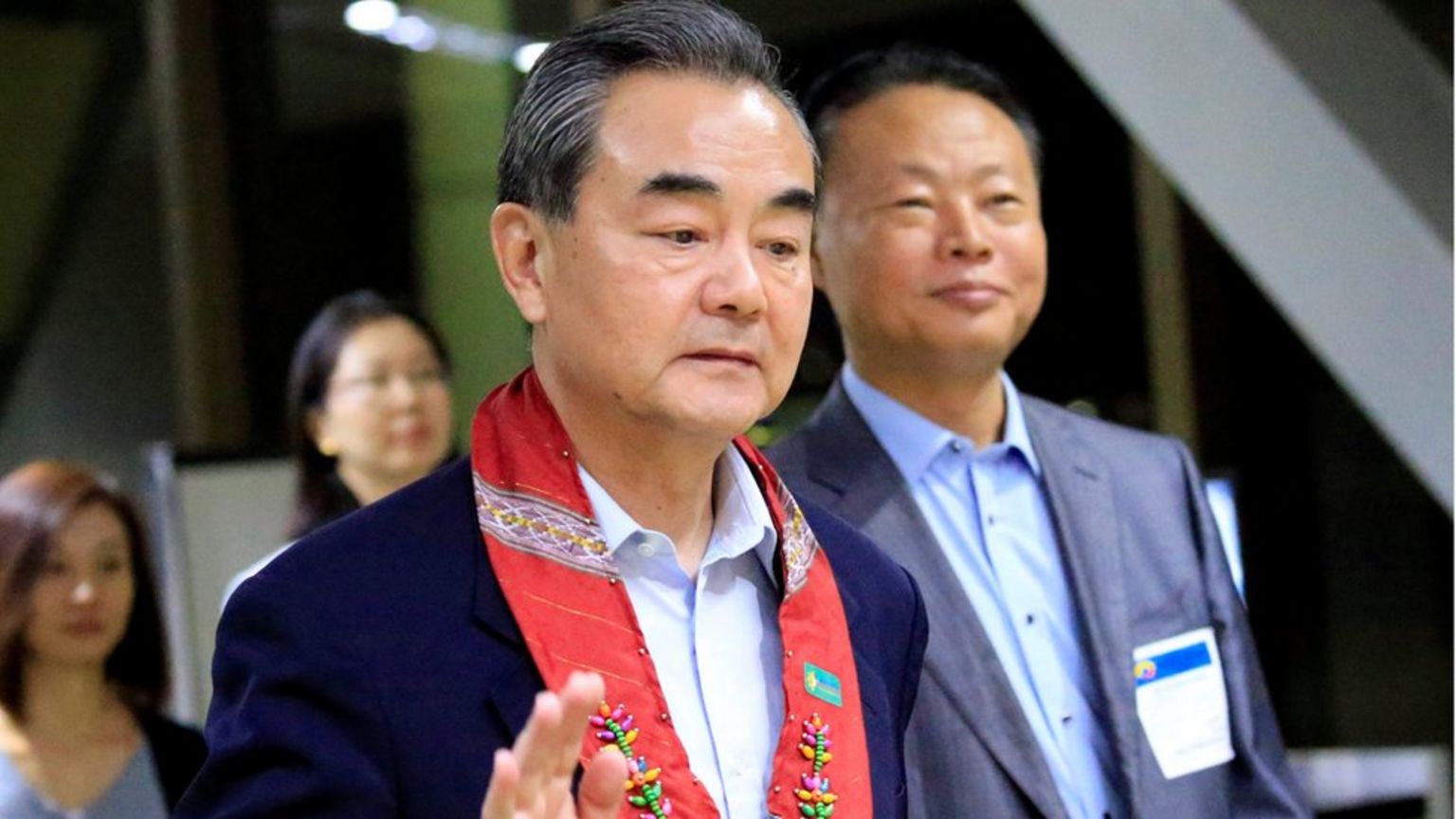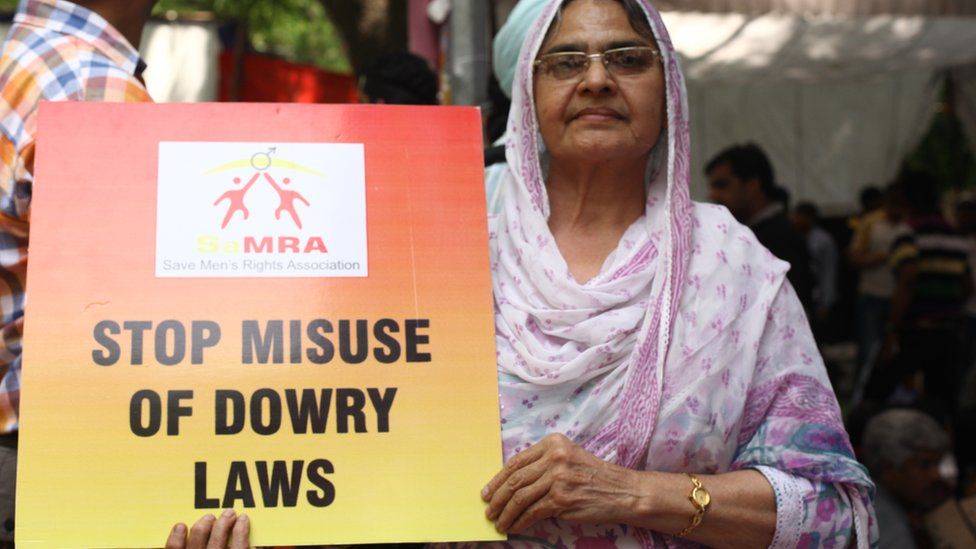By: Brian Kim
Impunity Watch Reporter, Asia
MALE, Maldives – The Maldives is planning to carry out its first execution since the mid-1950s. The last execution in the country was carried out during the British colonial rule which ended five decades ago.

As the Maldives government plans to carry out its first execution in 60 years, many human rights organizations, such as Amnesty International, Anti-Death Penalty Asia Network, and Asian Forum for Human Rights and Development have expressed concerns about the recent decision. These organizations have sent a letter to President Abdulla Yameen about human rights violations. According to these organizations, three prisoners who are on death row did not receive fair trials.
Currently, Hussain Humaan Ahmed, Ahmed Murrath, and Mohammed Nabeel are believed to be at risk of execution. All three were convicted of murder since 2009.
In 2014, Mr. Yameen’s administration reintroduced the death penalty. After the military coup removed then president Mohamed Nasheed, Mr. Yameen’s government worked towards restoring the death penalty in the Maldives.
The South Asia director for Amnesty International, Biraj Patnaik, stated that the talks of executions were a “feeble attempt to look tough and distract attention” from the current political climate against the president.
The United Nations Human Rights Committee has been working to stop the Maldivian government from conducting planned executions. In their recent letters, the committee stated that “should your government go ahead with the executions, it would violate Maldives’ obligations under international law, including to protect the three men’s right to life.”
For more information, please see:
Financial Times – Maldives set to restore death penalty as political crisis deepens – 7 August, 2017
ABC – Rights groups alarmed over planned executions in Maldives – 10 August, 2017



